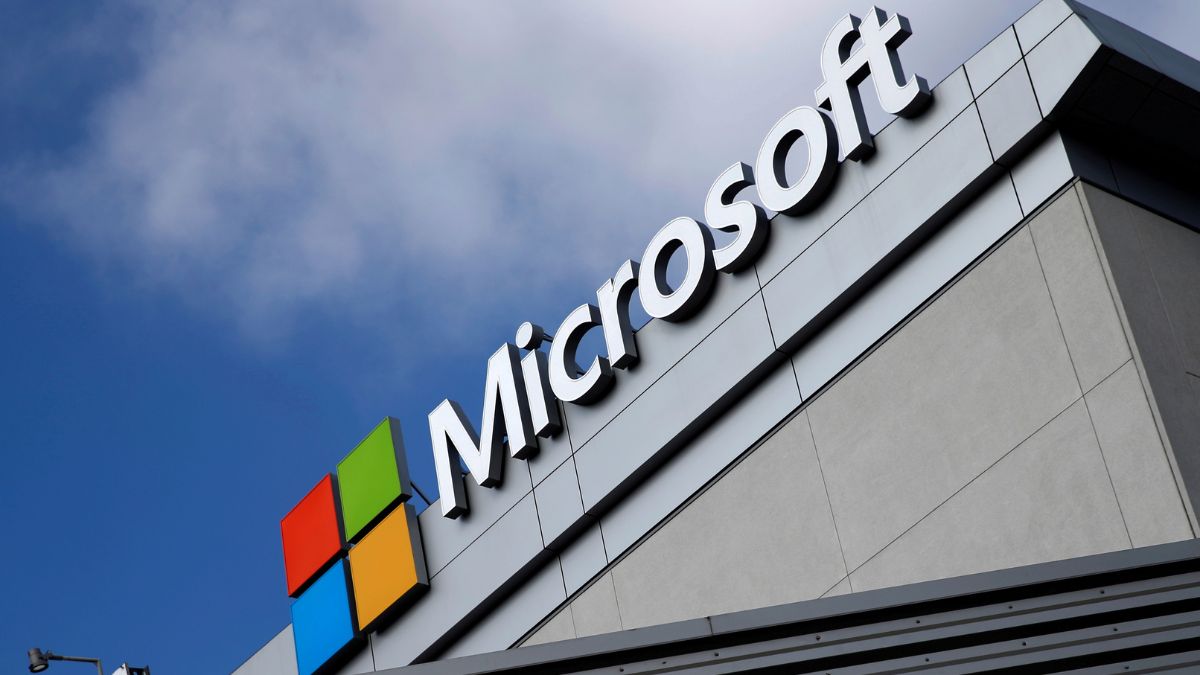Microsoft has relinquished its observer seat on OpenAI’s board, a decision that has not alleviated ongoing concerns about the ethical implications and regulatory scrutiny surrounding their collaboration. Apple, which was also expected to take a similar position, has reportedly decided against it, according to the Financial Times. Despite these changes, key issues remain unresolved.
Amba Kak, co-executive director of the nonprofit AI Now Institute, characterized the move as “subterfuge,” suggesting it was a response to mounting global regulatory pressure. “The timing of this move matters,” Kak stated, emphasizing it as a reaction to increasing scrutiny of relationships between major tech firms and emerging AI companies.
The close partnership between Microsoft and OpenAI, and the significant influence they wield in the AI industry, continue to attract attention from the Federal Trade Commission (FTC). According to a confidential source, the FTC remains focused on the potential antitrust implications of these collaborations.
Concerns about prioritizing profits over safety are prevalent among AI developers and researchers. An open letter from current and former OpenAI employees, published on June 4, highlighted worries about the rapid pace of AI advancements and the lack of oversight and whistleblower protections. The letter emphasized that AI companies have strong financial incentives to avoid effective oversight and urged for stronger regulatory frameworks.
In response to these concerns, the FTC and the Department of Justice are reportedly preparing to open antitrust investigations into OpenAI, Microsoft, and Nvidia. FTC Chair Lina Khan has described the agency’s actions as a “market inquiry” into the investments and partnerships forming between AI developers and major cloud service providers.
Despite these regulatory moves, Microsoft did not mention regulators in its rationale for giving up its board observer seat. The company cited satisfaction with the restructured OpenAI board as the reason for stepping aside. The revamped board now includes high-profile members such as Paul Nakasone, former director of the National Security Agency, and other notable figures from various industries.
Following Microsoft’s announcement, OpenAI indicated it is revising its approach to engagement with “strategic partners.” Apple has not commented on the matter.
João Sedoc, an assistant professor of technology at New York University’s Stern School of Business, viewed Microsoft’s decision as beneficial for the AI industry, highlighting the complex relationship of competition and synergy between Microsoft and OpenAI. Sedoc noted that while the separation reduces potential conflicts of interest, it might impact AI safety, an area where Microsoft’s expertise could have been valuable.
Microsoft and OpenAI have collaborated closely, with OpenAI’s ChatGPT running on Microsoft’s Azure cloud technology. However, Microsoft’s recent investment in Inflection AI and the hiring of key talent from the company signal a shift towards becoming a competitor to OpenAI.
Ben Miller, CEO of investment platform Fundrise, argued that Microsoft’s departure from the boardroom is appropriate, given its competitive stance. He emphasized that board membership grants significant influence and access to company activities, which could be problematic in a competitive context.
Sedoc suggested that the separation sets a precedent as major tech companies increasingly invest in AI startups. However, he expressed concerns about the potential downside in terms of AI safety, an area where Microsoft’s long-term expertise could be beneficial.
AI safety practices remain a contentious issue within OpenAI. The company’s recent disbandment of its team focused on long-term AI risks, just one year after its formation, has raised further concerns. This move followed the departures of team leaders who criticized OpenAI’s focus on product development over safety.
To address safety concerns, OpenAI recently appointed former NSA director Paul Nakasone to its board and established a Safety and Security Committee to evaluate and recommend improvements to its processes and safeguards.
Despite Microsoft’s decision to step back, the complex interplay of competition, ethics, and regulation in the AI industry ensures that scrutiny of these relationships will continue.


